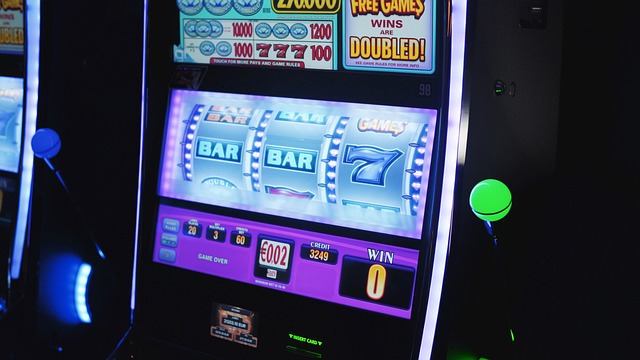The growth of mobile gambling has brought both economic benefits and social challenges. Now, users can bet or play from their phones on platforms. However, this development has revealed regulatory and ethical problems. Laws are not uniform across countries and regions, leaving users unprotected. This lack of consistency creates urgent dilemmas. Differences in laws allow for legal loopholes, which operators exploit to operate in grey areas. This poses serious ethical and legal challenges.
Inconsistent Regulation Across Jurisdictions
The gambling industry is regulated differently in each country. In some places, laws are strict and control everything from licensing to advertising. For example, in the UK, the Gambling Commission requires licensing and responsible gambling practices to protect consumers. But not all countries are as rigorous. In parts of Africa, Latin America, and Asia, gambling laws are outdated, poorly enforced, or non-existent. This allows mobile gambling companies to operate without much oversight.
Differences in regulation create a fragmented global landscape. The most vulnerable consumers are not always protected. A problem arises when operators from countries with few restrictions exploit markets where laws are stricter or more confusing. Apps developed in areas with permissive laws can reach users in countries with more severe regulations through online platforms. This “regulatory arbitrage” allows them to bypass local restrictions. As a result, users are not always aware that they are interacting with companies that operate outside the legal framework of their country, leaving them open to potential abuse or unfair practices.
Legal Loopholes and Grey Markets

A major challenge of weak global regulation is the existence of grey markets. In these markets, mobile gambling is neither clearly legal nor illegal. Operators take advantage of these loopholes to offer services without clear restrictions. This creates an environment where responsible gambling practices are not always enforced, putting consumers at risk. Users may face problems such as addiction, financial losses, or even fraud.
For example, while many European countries have strong regulations, some of their neighbors are more permissive. This gives rise to regional grey markets. Operators from countries with fewer restrictions advertise their services in stricter regions. They use tools such as virtual private networks (VPNs) or register their businesses in countries with lax regulations. Lack of international coordination facilitates this market manipulation, making it difficult for countries to protect their citizens.
Furthermore, some countries have gambling laws, but lack the resources to enforce them. Corruption or inefficiency in regulatory bodies makes matters worse. This allows unethical operators to evade rules without consequences. Legal loopholes, combined with weak oversight, create an ideal environment for abusive practices.
Ethical Concerns and Consumer Protection

Weak global regulation of mobile gambling raises serious ethical dilemmas. A key concern is the protection of vulnerable populations, such as minors, people with gambling addictions, or those in financial hardship. In countries with strict regulations, measures such as age verification, self-exclusion, and spending limits are required to protect these groups. However, in places with weak or inconsistent laws, these protections may be lacking or poorly enforced.
The ethical impact goes beyond consumer protection. Mobile gambling often targets low-income populations, especially in developing countries. Many people in these areas may not have the education or resources to understand the risks of gambling. This can lead to serious social harms, such as increased debt, family problems, and mental health impacts.
Towards a Unified Approach
To address these regulatory and ethical challenges, there are growing calls for harmonized global regulation of mobile gambling. International cooperation between governments, regulators, and industry is key to closing the loopholes that allow grey markets to be exploited. A unified regulatory framework could set minimum standards to protect consumers, promote responsible gambling and ensure operator accountability.
While implementing this approach would be difficult, it is the best path to ensuring that mobile gaming is fair and transparent for everyone. Without stronger global regulation, ethical issues will continue to increase, leaving consumers vulnerable and the industry open to exploitation.




